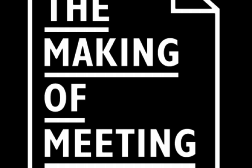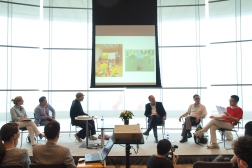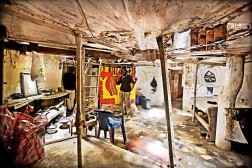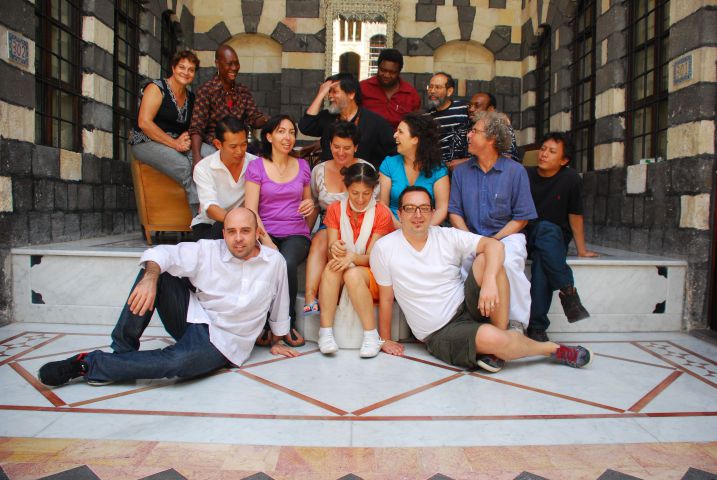
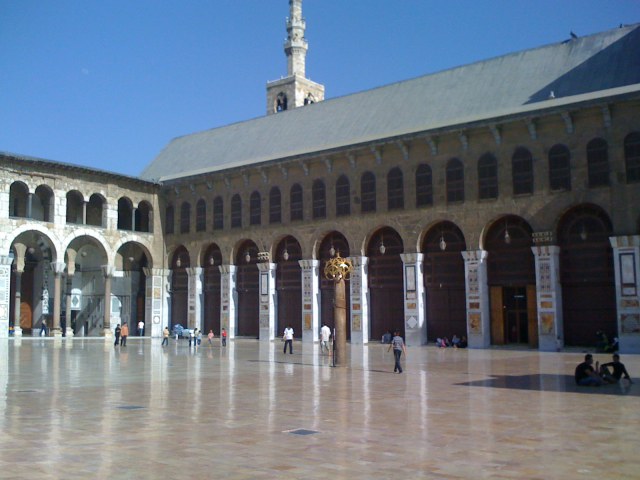
Frontiers of Reality: Network Partners Meeting with PCF, Lebanon and Syria
We need security so the frontiers of our reality are monitored and protected, but we also constantly seek greater knowledge that challenges and restructures them. The frontiers of reality are spaces of ferment and tension.
Workshop: Private and Corporate Funding
How do we tackle private and corporate fundraising in this post-crisis era? Do you organise fundraising events? Do you create a “friends of” organisation? What kind of relation do you establish with these private and corporate funders? What do you fund? Should the fundraising be linked to specific projects, to administrative fees, to an endowment?
Participants:
Daravuth Ly for Reyum Institute of Arts and Culture, Cambodia (Chair)
Zeina Arida for the Arab Image Foundation, Lebanon
Martin Mhando for ZIFF, Tanzania
Cecilia Kenning for APAC, Bolivia
Hasif Amini for Komunitas, Utan Kayu, Indonesia
Joumana El Zein, PCF
Workshop: Networking in the Digital Age
How can the network partners assimilate the range of knowledge and contacts that they have and make it accessible to others in a coherent form? How can we share the networks that are being developed through the different network partnerships?
Participants:
Shahidul Alam for Drik, Bangladesh (Chair)
Jose-Carlos Mariategui for ATA, Peru
Jorge Villacorta for ATA, Peru
Ana Rascovsky for Supersudaca, Latin America
Sofia Saavedra for Supersudaca, Latin America
Mette Gratama Van Andel, PCF
Workshop: Service Science
In the current global economy, the notion of “service science” is predicted to be the trend of the future, as more and more economies around the world are being dominated by the service industry. This has resulted in a new awareness of the importance of publics and their needs, as well as the necessity of innovation in maintaining good relations with these audiences. The non-profit cultural sector, although not as embedded in this trend as its commercial counterparts, should take note of these developments and reflect on its affect in its daily practice, especially in relation to its different publics.
How do cultural NGO’s manage themselves in relation to the new “service economy”, also taking into account the varying demands coming from various stakeholders: funders, beneficiaries (communities) and general audiences? What methods of innovation can be useful in re-imagining cultural NGO’s to make them equal actors in this new global economy?
Participants:
Davide Quadrio for BizArt/Arthub, China (Chair)
Etienne Minoungou for Compagnie Falinga, Burkina Faso
Odile Gakire Katese for University Centre of Arts and Drama, Rwanda
Peter Karanja for MYSA, Kenya
Helmut Vogt for Jant-Bi, Senegal
Germaine Acogny-Vogt for Jant-Bi, Senegal
Els van der Plas, PCF
